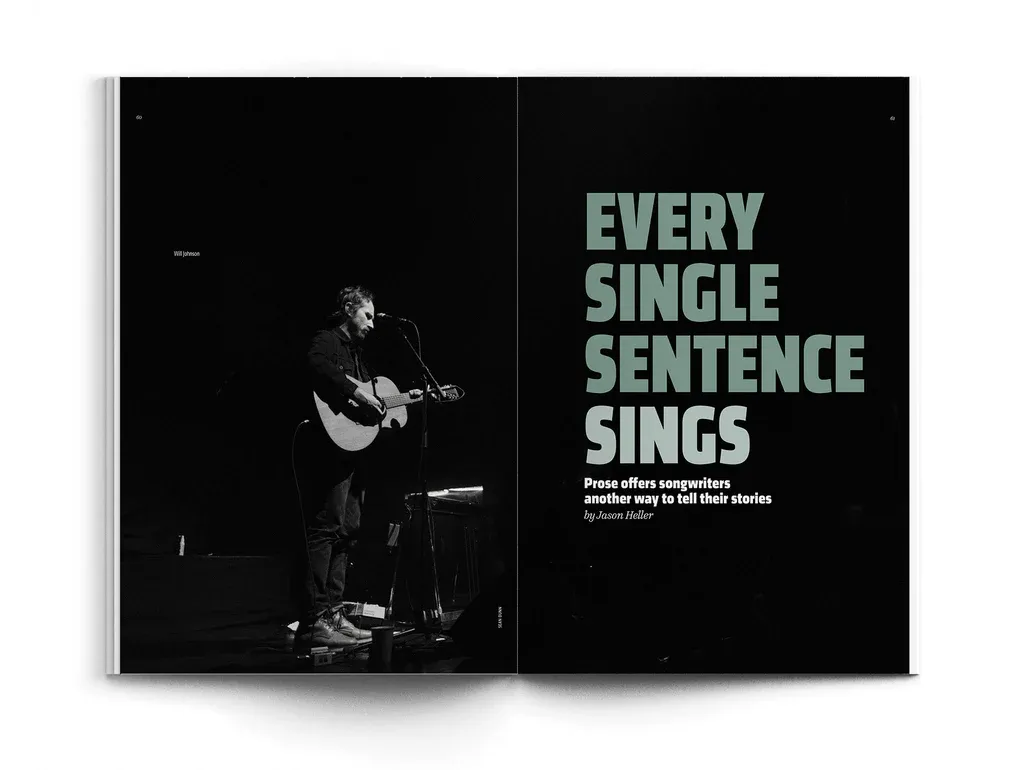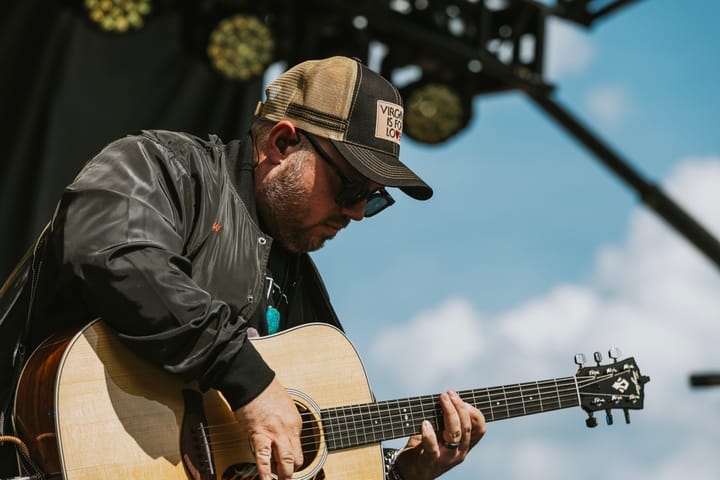EDITOR'S NOTE: This feature originally appeared in the Summer 2021 "Voices" issue of No Depression. Visit the No Depression store to buy a copy today.
“Books and shit.” That’s what Steve Earle calls his literary pursuits over the past 20 years, an outgrowth of his legendary body of music that’s resulted in the short story collection Doghouse Roses and the novel I’ll Never Get Out of This World Alive. Published in 2001 and 2011, respectively, these books gave his storytelling much more space to sprawl. Since his early days as an aspiring singer-songwriter in the ’70s, Earle has nurtured a love for spinning yarns throughout his lyrics — a knack encouraged by his mentor, the late Guy Clark, one of the masters of the story-song. And while Earle can be modest about his prose, or even paint it as a side hustle, his books are far from “shit.” Doghouse Roses and I’ll Never Get Out of This World Alive deal with many of the same topics and themes that teem inside Earle’s music: addiction, redemption, the ghosts of history, and the mythic realm of Texas, where the Virginia-born Earle came of age.
Another adopted Texan, Will Johnson, also knows a thing or two about morphing from songwriter to author. Like Earle, he sings heartworn, hard-bitten stories — with his projects Centro-matic and South San Gabriel as well as in various high-profile collaborations over the years with the likes of Jason Molina and Jay Farrar. And on Johnson’s most recent album, 2020’s acoustic El Capitan, he whittles his songs down to frayed, brittle points.
In March, Johnson became a published novelist. His literary debut, If or When I Call, takes place in his native Missouri, and it’s a portrait of a rural family stretched past the point of breaking. He drew inspiration from what he absorbed as a touring musician, including “conversations overheard, the constant presence of human folly, and the mundane and occasionally victorious movements we cycle through with others — or totally alone in our daily lives. That’s a deep well, and there’s a lot to draw from just driving around the country, playing shows.”

Earle and Johnson aren’t alone. The list of roots-inflected songwriters who have dipped their toes in prose may not be long, but it’s impressive — including Radney Foster, Mary Gauthier, Josh Ritter, Alice Randall, Robbie Fulks, Patty Larkin, Laura Veirs, Ryan Adams, John Darnielle of The Mountain Goats, Rennie Sparks of The Handsome Family, and Willy Vlautin of Richmond Fontaine. Most on that list have had a short story or two published; a handful have tackled whole novels. Poets and memoirists among the songsmith crowd abound, but making the bigger jump to writing fiction is something few dare to do. As it turns out, that challenge of adapting their voices can be a source of frustration as well as fuel — if not both, simultaneously.




